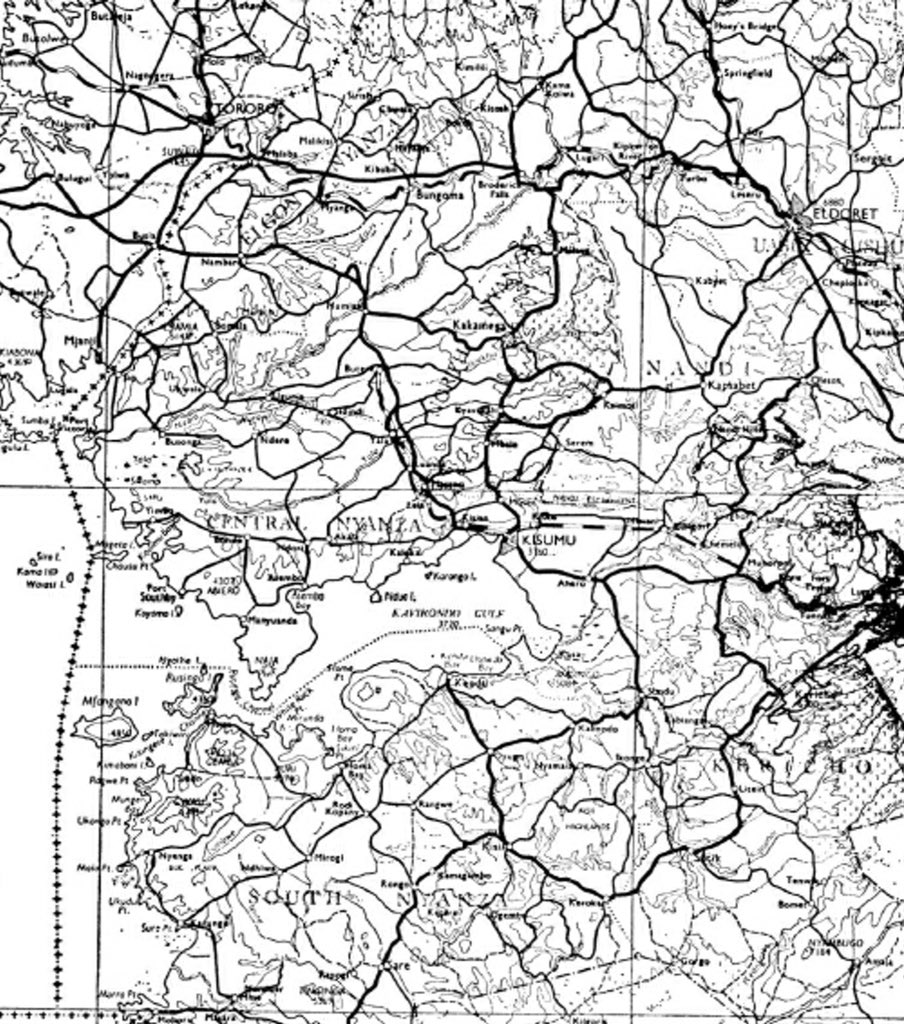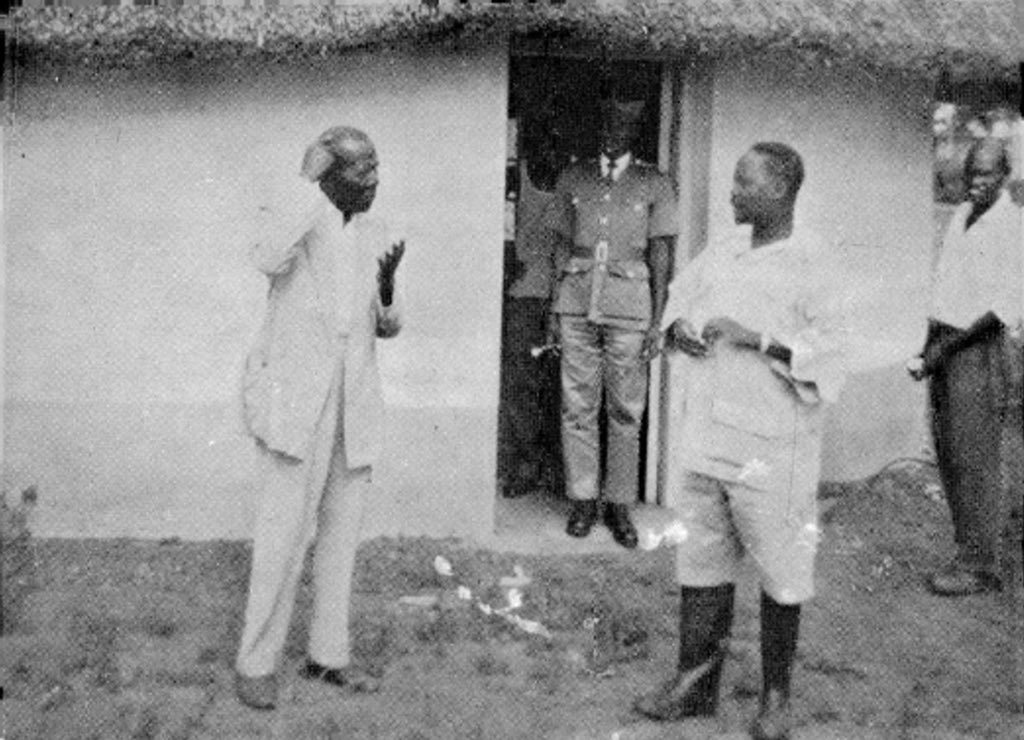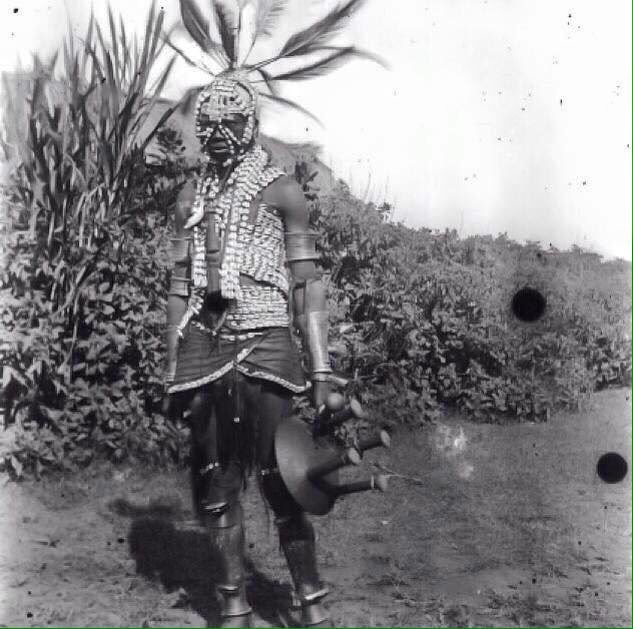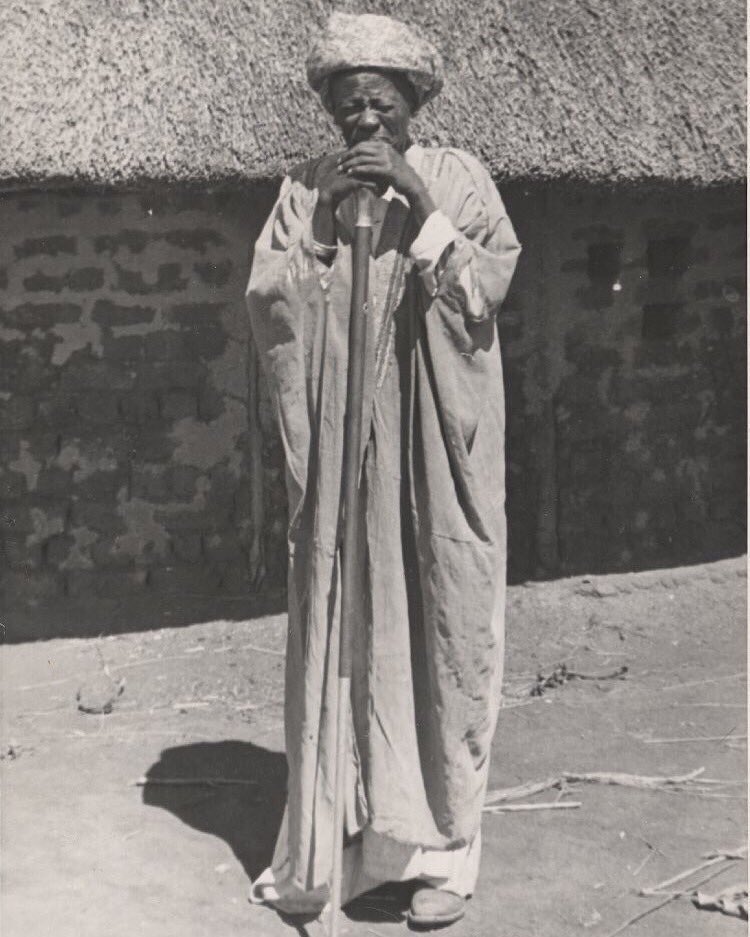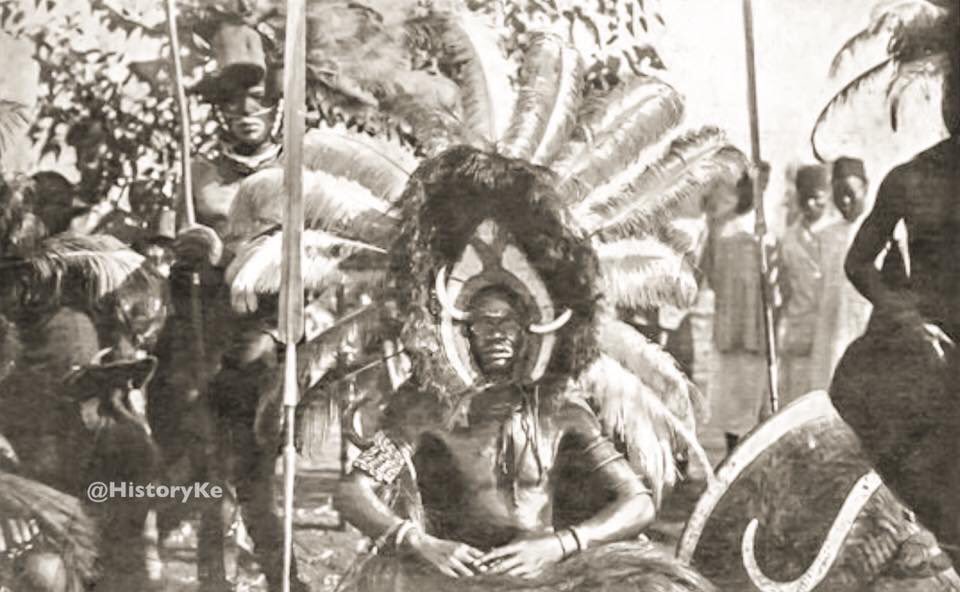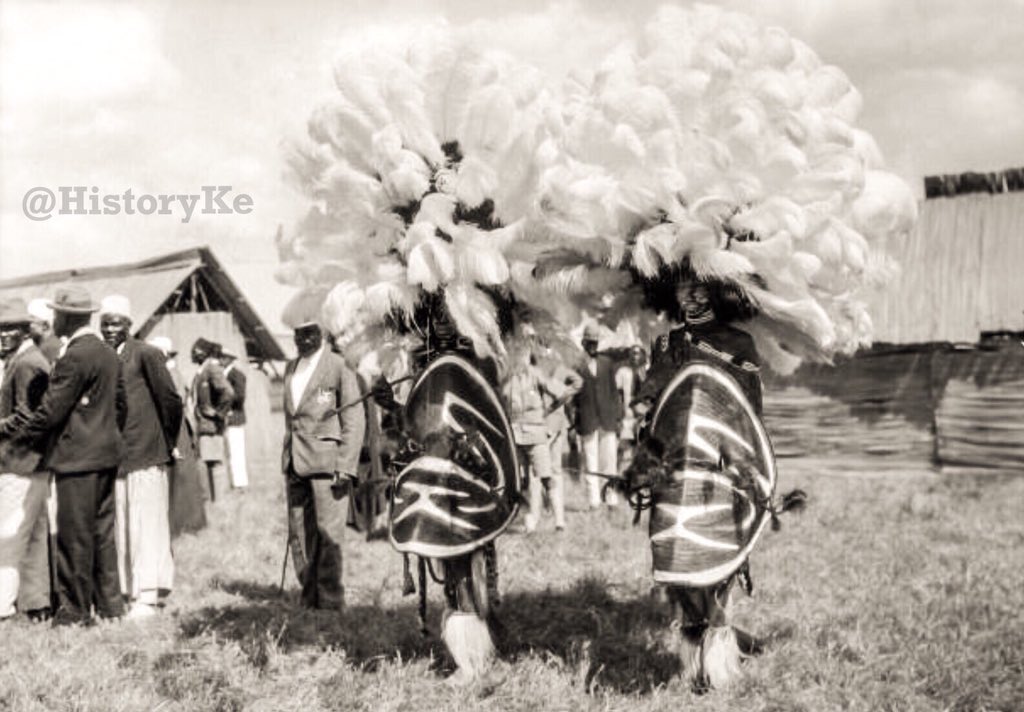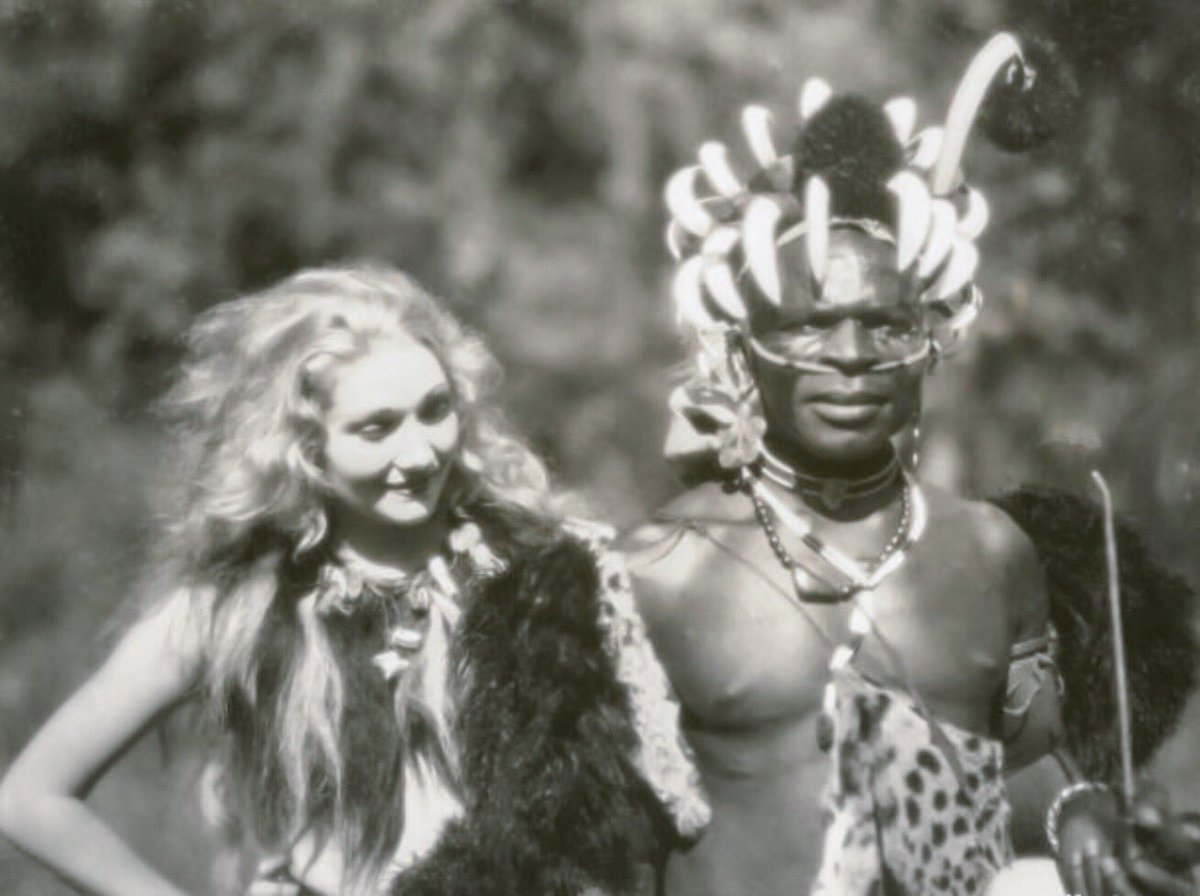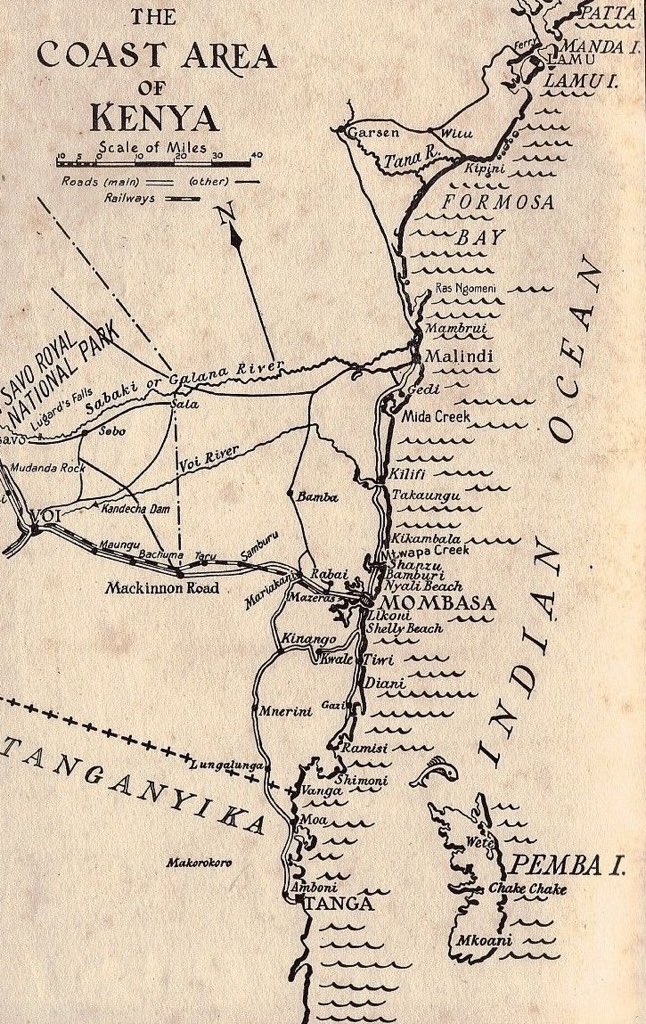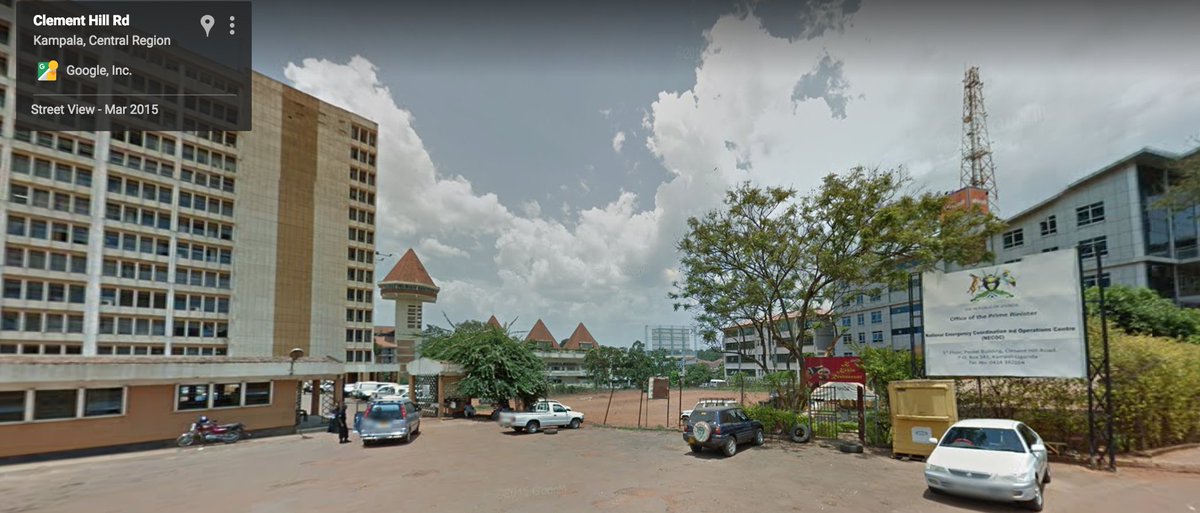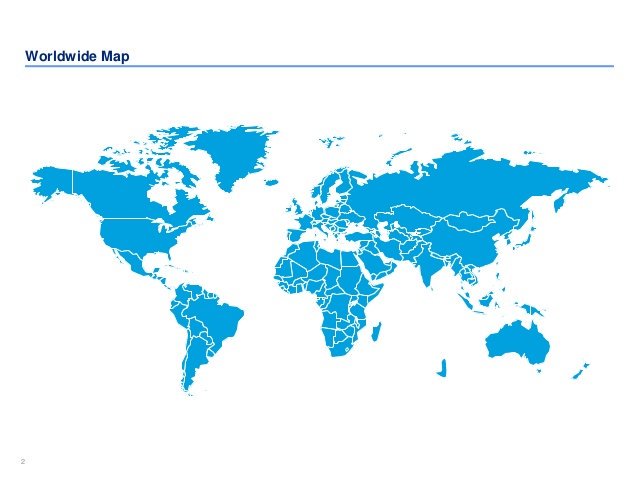We know that the Uganda Railway was from 1896 called so because Kisumu, which was the destined railhead, was part of Uganda.
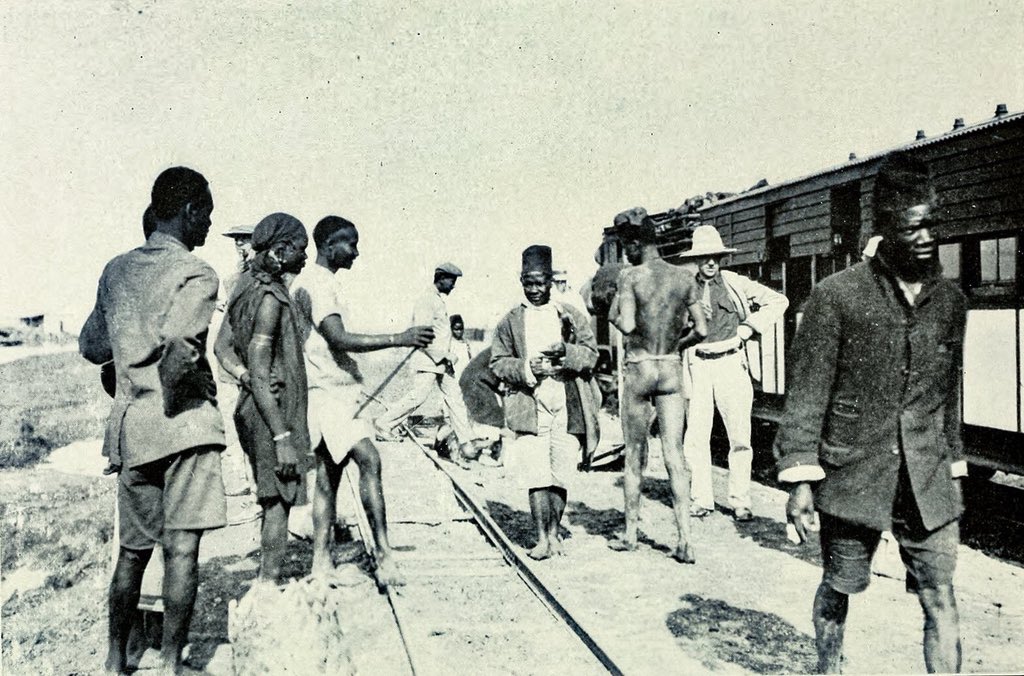
Shortly thereafter, East Africa Protectorate was renamed Kenya.
Soon, the British would, in 1900, introduce hut tax. It then dawned on the natives what the Arabs meant.
“Early visitors took over the name Kavirondo which the Arab caravans had once used and gave the same name to all the peoples living in Nyanza, though they comprise totally distinct groups...”
When the Brits wanted to extend their administration to Sakwa, they sent Jasakwa the interpreter ahead to “clear the way” for them.
“They have dangerous weapons so don’t fight them. Instead, make a treaty with them”.
The people of Sakwa would soon afterwards be up in arms.
